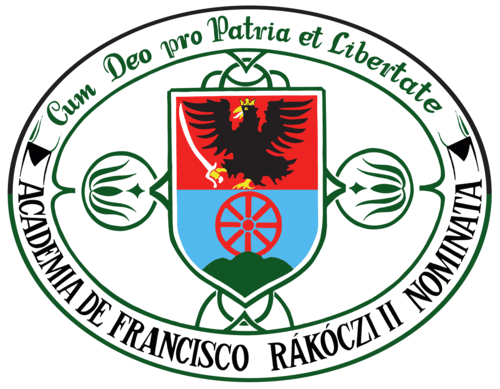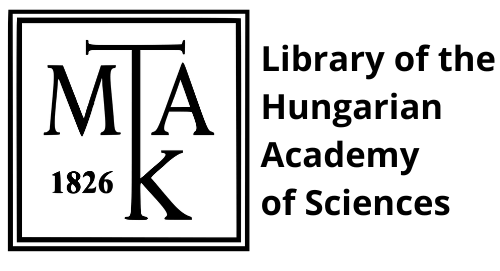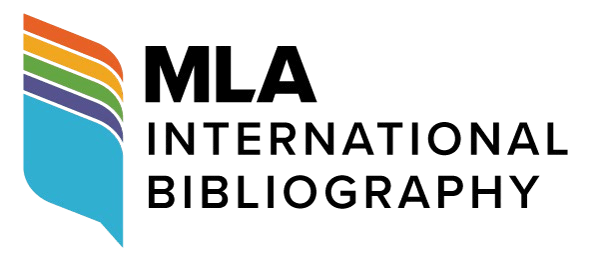Explicit information on translation theory in contemporary Hungarian and English Bible prefaces – a contrastive approach
DOI:
https://doi.org/10.58423/2786-6726/2025-1-77-94Keywords:
Bible translations, translation studies, prefaces, source analysis, metalinguistic informationAbstract
In this paper, an attempt will be made to present a kind of imprint of the translators’ meta-linguistic activity by examining the preface of the most significant Hungarian Bible translations. This will involve an analysis of how they perceive their own translational and linguistic work, and how they evaluate their own linguistic work in the preface of the volumes. The summarised findings will then be synthesised with the relevant ideas concerning translation and language use, whilst acknowledging that recent studies have brought to light different concepts. The present study will primarily adopt a general linguistic perspective, with the possibility of incorporating a philological viewpoint, and will not utilise the tools of modern translation studies when analysing the texts. The analysis does not deal with the translation theories applied in the Hungarian Bible translations, but a more detailed knowledge of the content of the prefaces may help to gain a deeper understanding of the translation theories behind the translations.
Research on the philological or linguistic topic of the prefaces of Bible translations is not new in the field, but an introductory sub-chapter of Christiane Nord’s study (Nord, 2016, pp. 568–569) is somewhat unique in that it employs seventeen English-language prefaces offered by BibleGateway in February 2016. The study’s conclusion asserts that despite the proliferation of 20th-century Bible translation theory and practice, English-language Bibles contain a paucity of information regarding the linguistic and grammatical aspects of translation, the purpose of translations, and strategies for the translation process.
The research tries to determine what kind of linguistic information is relevant in the prefaces of Hungarian Bible translations. The aim of this study is to identify the meta-linguistic information in the preface of the Bible translations, and to summarise the content relating to linguistic and translation studies: from early Hungarian translations from the 16–17th century, and from the current translations from the 20–21st century.
References
Carson, Donald Arthur 1984. Exegetical fallacies. Michigan: Grand Rapids.
Chao-Chun, Liu 2022. Towards a Theoretical Framework for a Systematic Study of Theological Influence in Bible Translation. Journal of Translation 18/1: pp. 67–93.
Erdő, Péter 1973. Előszó [Preface]. In: Rózsa, Huba ed. Biblia – Ószövetségi és Újszövetségi Szentírás. Budapest: Szent István Társulat, pp. 5–6. (In Hungarian)
Fabiny, Tibor 2016. The Metaphorical World of the Sacred Word in the Prefaces of the English Bible: Translations from Tyndale to the King James Bible. In: Fabiny, Tibor – Tóth, Sára eds. The King James Bible (1611–2011). Prehistory And Afterlife. Budapest: Károli Gáspár Református Egyetem – L’Harmattan Kiadó, pp. 13–34.
Lanstyák, István 2020. Meddig Károli a Károli? A Károli-féle bibliafordítás legújabb revíziójának relevanciaelméleti vizsgálatához [Until when is Károli Károli? For a relevance-theoretical analysis of the recent revision of the Károli translation of the Bible]. In: Benő, Attila – Péntek, János eds. Kognitív és pszicholingvisztikai szempontok a nyelvi érintkezések vizsgálatában. Szabó T. Attila Nyelvi Intézet Kiadványai 2. Sepsiszentgyörgy: Anyanyelvápolók Erdélyi Szövetsége, pp. 165–179. (In Hungarian)
Nord, Christiane 2016. Function + Loyalty: Theology Meets Skopos. Open Theology 2/1: pp. 566–580. https://doi.org/10.1515/opth-2016-0045
Székely, János 1997. Káldi Neovulgáta Bibliafordítás (KNB) [The Káldi Neovulgate]. In: Ó- és Újszövetségi Szentírás a Neovulgáta alapján. Budapest: Szent Jeromos Katolikus Bibliatársulat, pp. I–III. (In Hungarian)
Tarjányi, Béla 2014. A Káldi-Neovulgata bibliafordítás [The Káldi Neovulgate]. In: Fabiny, Tibor – Pecsuk, Ottó – Zsengellér, József eds. Felebarát vagy embertárs. Bibliafordítások és használatuk a mai Magyarországon. Budapest: Luther Kiadó – Kálvin Kiadó – Hermeneutikai Kutatóközpont, pp. 88–90. (In Hungarian)
URL1: Állásfoglalás az újonnan revideált Károli fordítással kapcsolatban [Resolution on the Newly Revised Károli Translation]. Magyar Bibliatársulat. https://bibliatarsulat.hu/a-bibliatarsulat-allasfoglalasa-az-ujonnan-revidealt-karoli-forditassal-kapcsolatban (Accessed: 18.03.2025).
URL2: https://www.biblegateway.com (Accessed: 18.03.2025).
Wendland, Ernst 2012. Exploring translation theories – A review from the perspective of Bible translation. Journal of Northwest Semitic Languages 38/2: pp. 89–128.
Downloads
Published
How to Cite
Issue
Section
License
Authors retain copyright and grant the journal the right of first publication. The work is simultaneously licensed under a Creative Commons Attribution 4.0 International License (CC BY 4.0), which permits others to share the work with appropriate credit given to the author(s) and the initial publication in this journal.

















